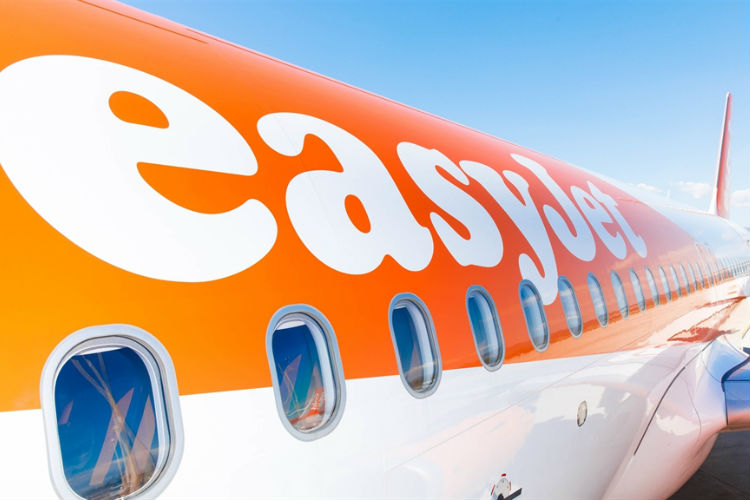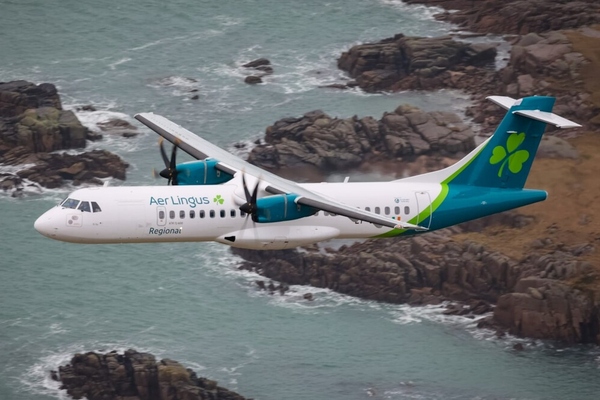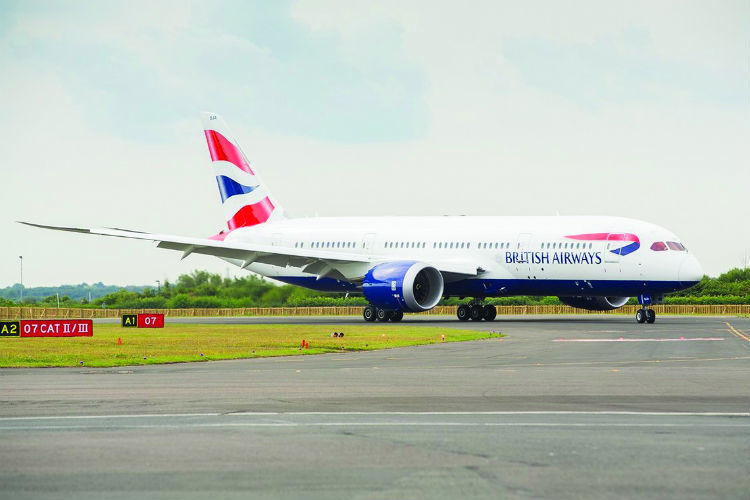EasyJet adds winter-sun capacity and claims 'recovery under way'
 James Chapple
James ChappleEasyJet has claimed the recovery from the Covid crisis is well and truly under way, but nonetheless expects to post a group-wide pre-tax loss of some £1.135 billion to £1.175 billion for the year to 30 September.
The carrier has added another 100,000 seats for first-quarter (Q1) 2022 in anticipation of restoring capacity to 70% of pre-pandemic levels, thanks in the main to "particularly strong demand" for winter sun destinations.
During its fourth quarter, easyJet flew 17.3 million seats – 58% of the 2019 capacity flown during the same period (three months to 30 September). Intra-European and UK domestic routes have performed strongest, with UK government travel restrictions still hampering demand for international ex-UK flights.
EasyJet said this, combined with its "disciplined approach to capacity and cash management", meant it had been able to generate around £40 million in operating cash during Q4. A new £1.2 billion rights issue, meanwhile, has allowed easyJet to cut net debt from £2 billion at the end of Q3 to £0.9 billion, which it said would provide "a solid platform for growth".
The carrier also praised the significant recent easing of the UK’s travel restrictions. "Capacity is now expected to be up to 70% of 2019 levels in Q1." said easyJet. "While intra-European demand led the recovery over the summer, the recent UK government announcement to remove and relax restrictions and testing has created positive booking momentum into Q1.
"In response, the airline has added 100,000 seats for Q1, with particularly strong demand for winter sun destinations. EasyJet expects capacity to continue to grow throughout full-year 2022 and we will take quick and decisive action to capture additional opportunities alongside planned organic growth."
"It is clear recovery is under way," said easyJet chief executive Johan Lundgren. "We are encouraged to see positive booking momentum into full-year 2021, which has led us to increase our capacity plans for Q1 to fly up to 70% of 2019 levels."
Lundgren added demand for city breaks was starting to return, while flights and holidays to previously off-limits winter sun destinations like Egypt and Turkey were proving popular too. The Canary Islands, meanwhile, is leading the way for easyJet for October half-term bookings, resulting in the airline increasing capacity to exceed 2019 levels.
EasyJet expects Q4 headline costs to come in at around £1.140 billion, exceeding its projection for total group revenue of around £1.000 billion. It said it delivered approximately £510 million in savings during the year to 30 September. As of 30 September, the airline had access to £4.4 billion cash, with no debts – bar £300 million secured via the government’s Covid Corporate Financing Facility – due to mature until its 2023 financial year.
Despite predicting a group-wide pre-tax loss of some £1.135 billion to £1.175 billion for the year to 30 September, easyJet said it could not offer any longer-term guidance owing to the "continued level of short-term uncertainty" in the market.
"Based on current travel restrictions in the markets in which we operate, easyJet expects to fly up to 70% of FY19 planned capacity for Q1 FY22," said the carrier. "Visibility remains limited as customers continue to book closer to their travel date."
Sign up for weekday travel news and analysis straight to your inbox

James Chapple
Supplier Directory
Find contacts for 260+ travel suppliers. Type name, company or destination.














